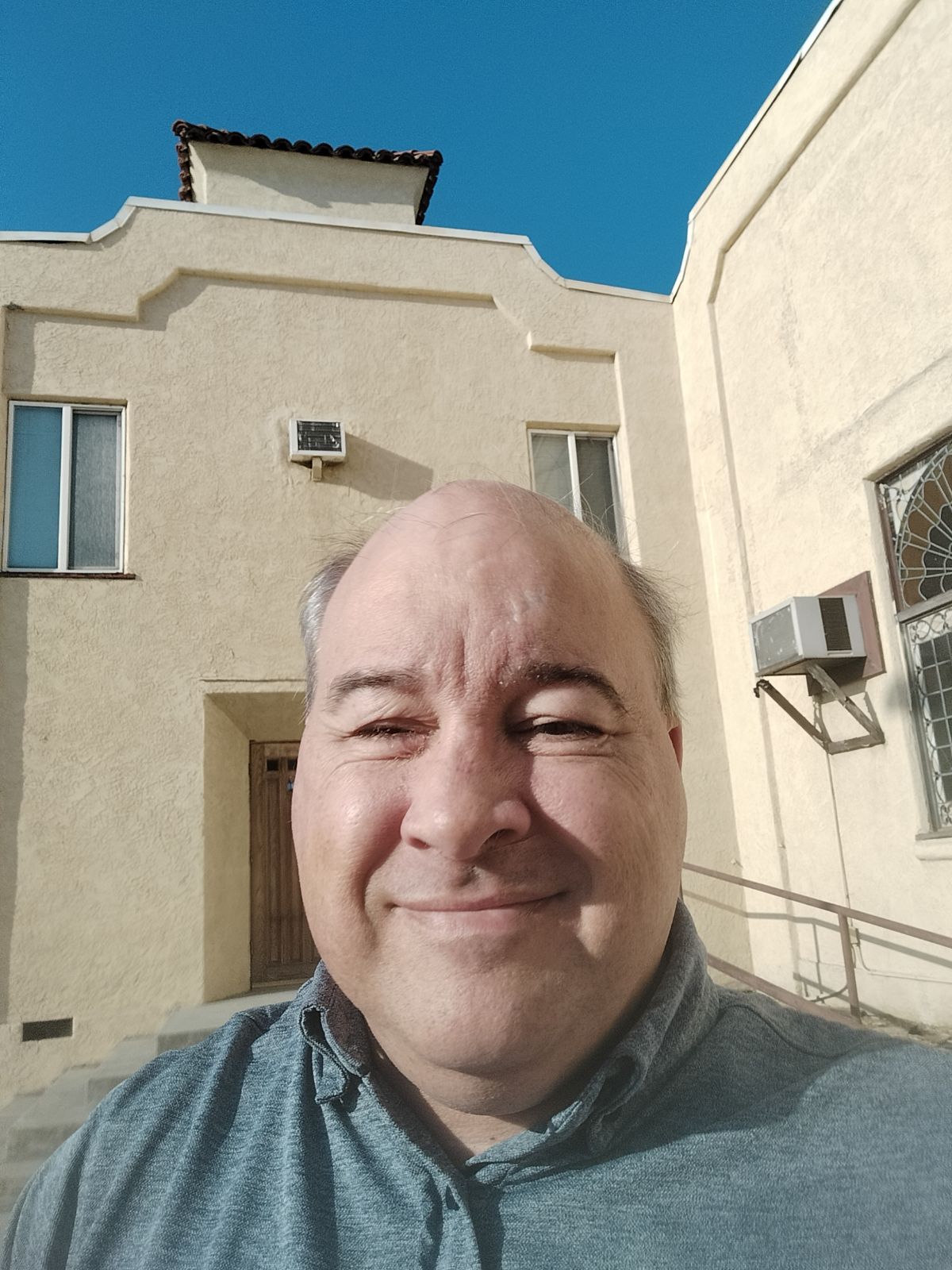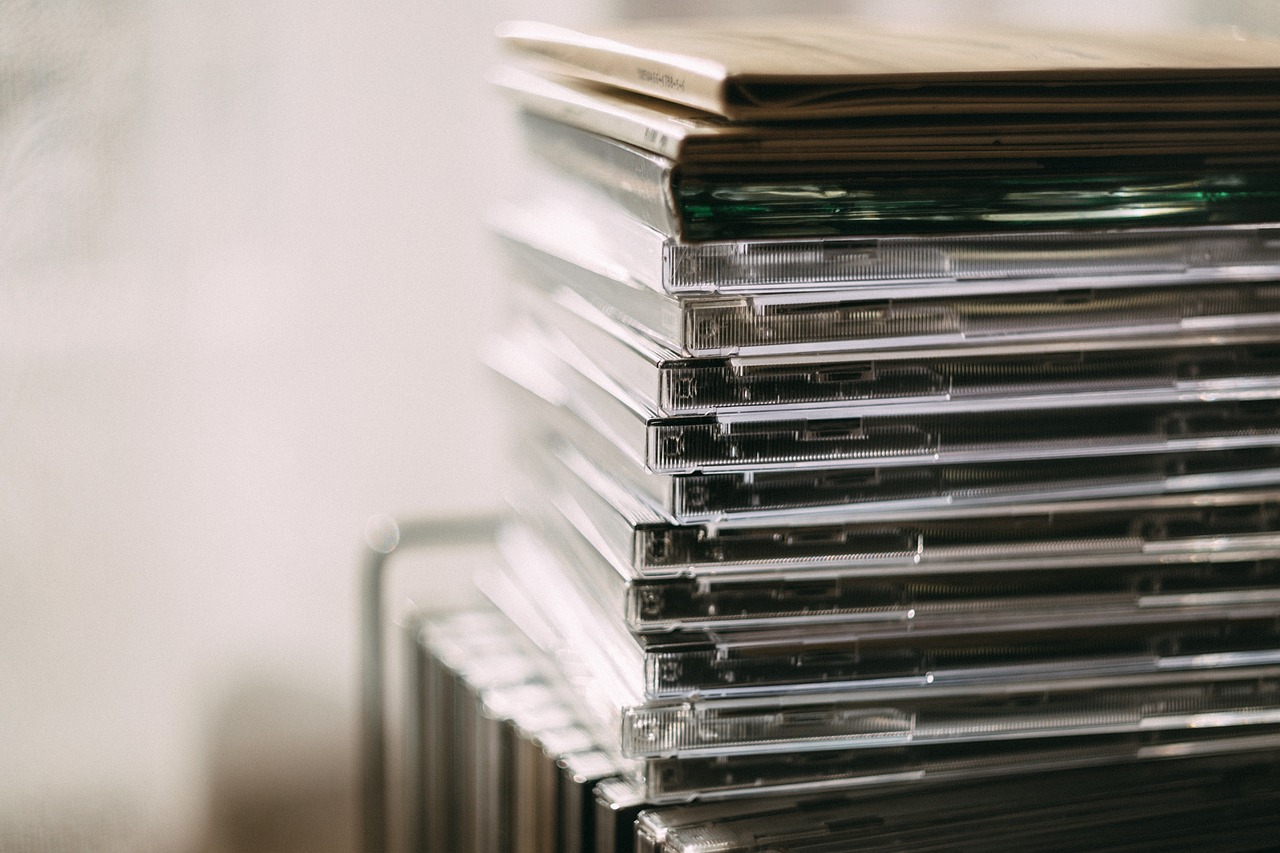Up until 2014, I had a decent collection of CDs. I had about 300 tucked away under my bed in a couple of those long, skinny storage bins. Eventually, I rationalized that I needed the space for something else. And, besides, I had ripped all of them to my computer anyway and primarily listened to them streaming through Plex to my phone. So, I got rid of them all.
I was an idiot.
A couple of years ago, I realized the stupidity of my decision. So, I’ve started buying CDs again. And I wanted to share with you 5 of the main reasons I came up with for why people should buy CDs
5. Physical Engagement
When I was younger, I could tell you every person on a record, who the producer was, where things were recorded, and what label the record was on. Why? Because all of that information was inside of the CD booklet. Sure, I could look all of this stuff up on the internet now. However, studies show that we tend to comprehend and remember things better when engaging with physical things rather than digital things.
The booklets often have more than just the production and recording information inside. For example, interspersed in the song lyrics in the CD booklet for Disciple’s Southern Hospitality CD are the verses from the Bible which they were drawn from.
There is also something to the experience of opening the CD case, hearing the pop as you pull out the CD you want, the whir of the CD player tray as it opens to accept the disc, and pushing the button to start listening to your carefully selected piece of ear candy.
Then, with your CD spinning in the player at breakneck speeds, you can pull out the CD booklet and absorb all of the cool nuggets found in the pages while you listen intently to your selection.
Which leads me to the next reason you should buy CDs…
4. It Encourages Active Listening
Most people these days listen to music passively. Passive listening is when we put music on as background filler while we do something else. Putting classical music on while doing homework is passive listening. Our main focus is on the homework; the music is just in the background to drown out any other noise that may distract us.
When we listen passively, we can’t possibly pick up all of the intricate nuances to be heard in the piece. Our attention is on something else and not on the music itself. So, we miss things.
When we listen actively, we are completely engaged with the music and the music alone. We are focused on the piece. When we listen actively, we start to hear more – a bass part we didn’t notice before, the emotional emphasis of the singer in a given line. The music becomes a living, breathing thing and not just some wall of noise in the background.
CDs encourage us to listen actively because engaging with physical things helps our memory. This gets me back to the CD booklet. If I’m flipping through the CD booklet while listening to the associated music, it helps me remember what I read in the CD booklet. And, what’s in the CD booklet is often information on the music I’m currently listening to.
Let me give you an example. I had a really cool moment while listening to my physical copy of Vivaldi’s The Four Seasons. I had streamed it on Spotify dozens of times before I purchased a copy of it. The CD booklet for the copy I bought has short summaries of what’s going on in each piece. Each piece represents a season (which is obvious by the titles).
But, what I didn’t know was that each of the instruments is meant to represent a different thing in the movement. For example, the violas in the second movement of “Spring” represent barking sheep dogs tending to a flock while a shepherd dozes beneath a tree. In the second movement of “Winter,” the violins play pizzicato and emulate raindrops falling on the roof outside. Now, every time I hear these pieces, my imagination is engaged as I visualize the sheep dogs leaping around in the spring pastures and I picture being huddled in a small cabin as the winter raindrops plink onto the roof above. All of that came from reading the booklet and associating those sounds with things in my imagination.
Could I have gotten that info with an Internet search? Sure – and much more. But, I would have most likely ended up down some other rabbit hole or gotten distracted thinking about checking Instabook or FaceTok. The booklet is distraction-free. All I get to read is what’s in front of me.
3. You’ll Always Have Your Music
Places like Spotify and YouTube Music have massive libraries for people to listen to. If there’s an artist I want to discover or I’m reminded of a song I haven’t heard in several years, I can usually find it on one of the streaming platforms.
But, not always. Not all record labels or artists have put their music on Spotify. I’ve also been the victim of albums being pulled off the platforms I stream from. Sometimes they get replaced, sometimes they don’t. Sometimes it happens because Spotify and the label couldn’t come to a financial agreement. This happened to TIkTok users in early 2024 when Universal Music Group pulled all of their artists off of the platform due to royalty and AI concerns.
If you want to ensure you always have the music you want to hear then you need to buy it outright. You can’t depend on it always being there with someone you pay a monthly subscription to. You are renting the music; you don’t own it. So, they can do what they want with it.
Downloading digital versions of albums will get you part way there. But, hard drives crash. If you care about your digital library then you will have to back it up. And, that means you have to buy another hard drive or back it up to the cloud somewhere (which is another monthly subscription). You’ll also have to monitor the backup jobs to make sure they are getting everything you expect them to get. And you’ll have to test the backup jobs to make sure they work…
Or you could just buy the CD and consider it a physical backup. And, if you download albums, you won’t get the other benefits I listed above (no booklet to peruse and learn from, for instance).
Sure, you have to make sure you always have a CD player handy. And, CDs take up space. But, CD players are really inexpensive. Plus, you could convert your CD into digital format and store it on your computer anyway. As far as space, what’s more important – having room for food in your pantry or room for your music collection? I mean, the choice is obvious.
All kidding aside, if you want to make sure you can always listen to the music you love, the only way to guarantee that is if you buy it.
2. To Leave A Legacy
As a father, I’ve always thought a lot about my legacy. Recently, I’ve been thinking a lot about the artifacts I will leave behind and what they will say about me. These thoughts came to me as I went through my parents’ things in their home after they died. My mom saved every card she ever got. My dad kept all his tools in the garage. My mom kept a Hope Chest at the foot of her bed full of blankets, pocket watches, and high school memories.
These things were important to my parents and they say things about who they were. When I hold my Dad’s tools, I am reminded of the projects we worked on together. When I look at my Mom’s handwritten recipe cards, I am reminded of what she liked to cook.
If I walk into someone’s house, I can get a sense of who they are from the music and books they keep on their shelves. Much of that we have moved to digital mediums. No more boxes of photos, no more books with important pages dog-eared, and no more records with well-worn sleeves to show how much we listened to them. Somehow, putting my Spotify password in my will so my kids can see all of the playlists I have created just seems… odd.
I buy CDs that mean something to me. I don’t collect things for their financial value. Every CD I own spoke to me in some way. When I die – heck, even before I die hopefully – I want my kids to look at – more importantly listen to – my CD collection and get a better idea of who their father was. Again – physical engagement is different than digital engagement.
Chances are, the CDs I have will outlast Spotify. And, then where would my legacy of love of music be if they pull the plug on the service?
1. To Support The Artists
I’ve given four pretty good reasons thus far why we should buy CDs. The final reason is where I work in the theology angle (this IS a site about theology, too, remember) because I think it’s the most important.
So much of walking the life of Jesus involves putting others before yourself. We should want the artists we love to be successful. We want them to keep creating music after all, right? So, that means we should want to pay them well for the things they create and that we enjoy (1 Timothy 5:8).
It ABSOLUTEYLY means we should not be illegally downloading music or buying bootlegs. We all know it’s stealing. And no amount of justification changes that. You may try to justify it by saying that the labels and artists make too much money already and your one download isn’t going to hurt anything. But, it doesn’t matter. Someone else produced something you want and has stipulated they require payment for it. If you take it without paying, it’s stealing.
Not only should we want to support the artists we love, but we should want to support them in the way that profits them the most. And, THAT means buying their CDs.
On a $10 CD, an artist makes about $5. Streaming services pay about $0.01 per stream (Spotify is the worst at $0.0033 per stream). That means you would have to stream an artist’s songs 500 times (1600 on Spotify) to give them as much as you would by buying a CD!
We should support the things we love the best way we can. When we buy single songs for $1 or pay the cost of a single CD to have on-demand access to almost every song ever recorded, we are only thinking of ourselves. Music has become a consumable to us. Someone has put a lot of hard work into this thing that we love, and we should show them how much we connect with what they have done by supporting them financially.
There you have it; 5 solid reasons people should buy CDs. What are some other benefits you have seen when buying physical music? Let me know in the comments!
P.S. Yes, you could replace “CD” with “vinyl” and the list would be the same. I decided on CDs for a few personal reasons, but I’d love to get my vinyl connection going, too!

David is an author and speaker with Legati Christi where he has written about and spoken on multiple apologetic and theological topics for the past 6 years. He recently launched Theology In Music as a way to combine his love of theology with his other passion in life – music.

Leave a Reply